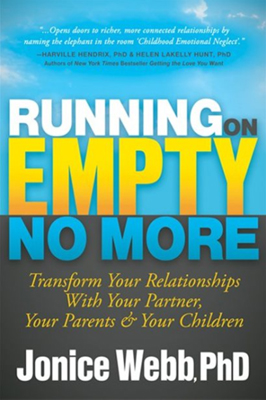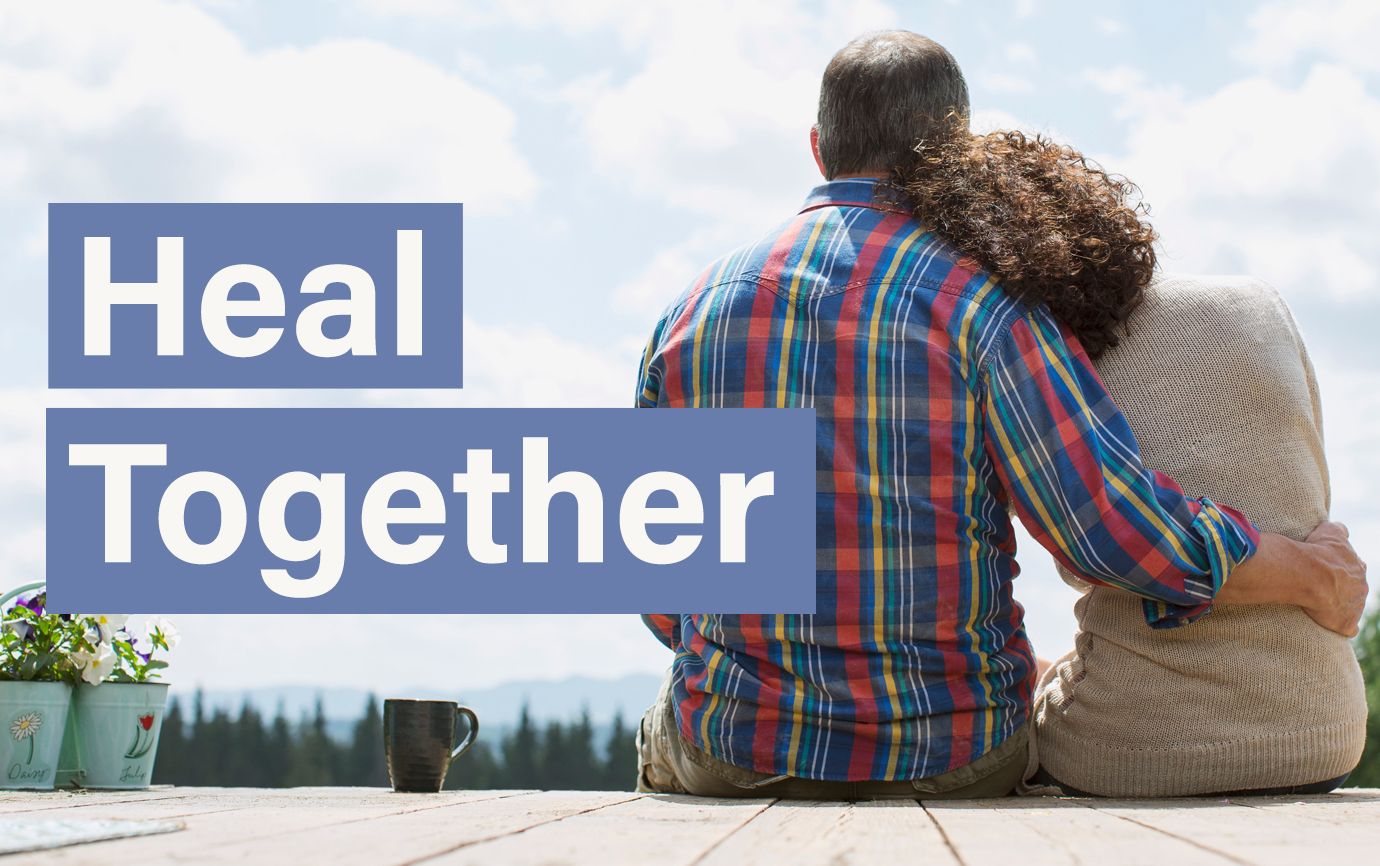Creating good strong relationships can be hard work – even under the best of circumstances. But when you factor in an experience of childhood emotional neglect – it can feel impossible.
Sadly, adults who experienced childhood emotional neglect did not get what they emotionally needed as children.
As a result, they often experience some of these challenges in their intimate relationships:
- A lack of awareness of their own feelings, wishes and needs
- Feeling less important than everyone else
- Difficulty asking for help and accepting help from others
- A lack of understanding of how feelings work in relationships
- Extreme difficulty sharing their own feelings with an intimate partner
- Fear of being rejected
- Fear of being seen as “not good enough”
Too many people struggle through difficult and unfulfilling relationships only to end the relationship and continue the exact same pattern in the next relationship. They long for a close and loving relationship and feel let down and empty. Sadly, just like in childhood.
As children, they did not learn how to understand and pay attention to their emotions. Emotions were misunderstood and confusing. Avoiding or shutting down emotions and emotional needs became an important survival strategy at that time. This pattern of emotional avoidance continues into adult relationships. And while this strategy provides protection from the inevitable hurt and disappointment they have come to expect – it also prevents them from feeling the love and acceptance they crave.
In order to break this pattern, it is necessary to learn how to feel your emotions, understand your needs and be able to share them openly with your partner. For someone who experienced childhood emotional neglect, this may strike fear in their heart as they have no template of how to do this – or any expectation that it could turn out well. Many feel the terror that their worst fear will come true – that they will be told there is something wrong with them and they are not good enough.
Depending on the degree of impact from childhood emotional neglect, this work may best be guided by a therapist. Often it is simply too difficult to figure out how to allow yourself to do this work on your own.
A therapist will help you:
- Heal the wounds from your experience of childhood emotional neglect
- Increase your emotional awareness – of both your feelings and what your partner may be feeling
- Understand the connection between your emotions and your behaviour
- Build your emotional skills – to identify what you feel, accept what you feel, tolerate what you feel and share what you feel
- Learn how to create emotional safety in your relationships
- Learn how to be more open and vulnerable in your relationship – so you can learn how to ask to have your needs met in a way your partner is more likely to hear and respond to
Experiencing childhood emotional neglect is sad. If this was your experience it was not your fault and you are not to blame. Your parents let you down. But as an adult, it will be up to you to heal from this experience and learn how to create healthy emotional connections. It can be done. Let us help you.
by Mary Joan Brinson MSW, RSW
Book Recommendation
Thousands of people have learned that invisible Childhood Emotional Neglect, or CEN, has been weighing on them their entire lives, and are now in the process of recovery. Running on Empty No More: Transform Your Relationships will offer even more solutions for the effects of CEN on people’s lives: how to talk about CEN, and heal it, in relationships with partners, parents, and children.










